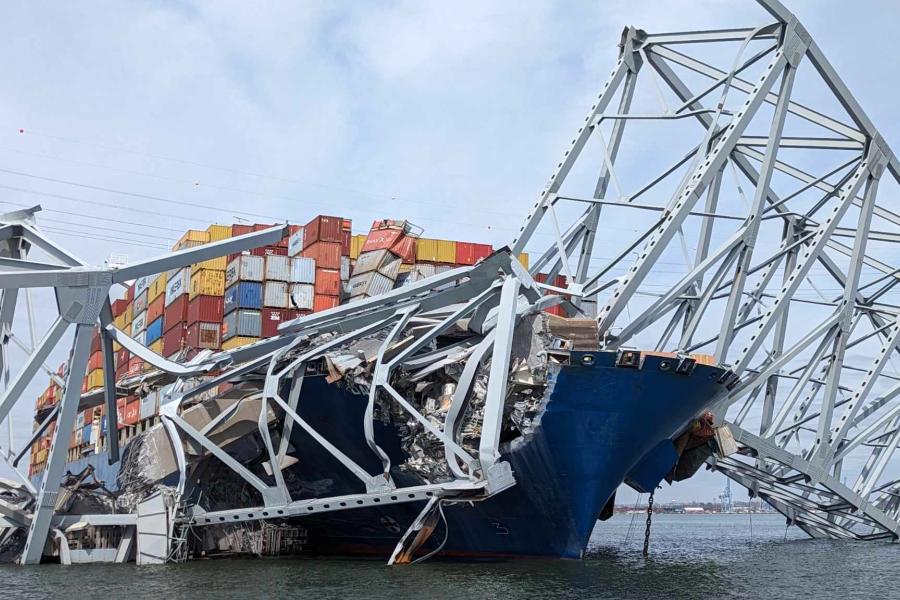
The requirement for materials essential to the defense sector has increased dramatically due to intensified geopolitical conflicts, particularly between major powers such as the US and China. Although the quantities needed for these materials are relatively small, their role in military technology is crucial. The scenario is further complicated by China’s control over the supply chains of many key materials amid rising trade frictions.
As international hostilities like those involving Russia and Ukraine, as well as in Israel and the Middle East, persist, global military expenditure has escalated to $2.4 trillion in 2023, marking a significant rise of nearly 7% from 2022. Leading spenders include the US, China, and Russia, with additional countries also expanding their defense budgets, thus driving up the need for associated materials. For example, Germany has pledged a €100 billion initiative for military upgrades, with plans to allocate 3.5% of its GDP over the next ten years, which could total €600 billion.
China’s recently imposed stricter export licensing requirements for various metals showcase its strategic grip on essential materials necessary for defense purposes. Metals like tungsten, indium, antimony, beryllium, and tellurium are now subject to dual-use licensing to restrict their application in military technologies, as highlighted by Cristina Belda, a metals analyst at Argus Media.
Export Limitations
China has implemented a range of export limitations, starting with antimony products last September and followed by a ban on specific dual-use goods to the US in December. More recently, in April, China limited the export of seven rare earth elements, necessitating special licenses. Although this is not a direct export quota, it effectively gives the Chinese government oversight over exports, as described by Tom Moerenhout from Columbia University.
The strain in relations has significantly impacted the market, causing price increases as companies strive to accumulate minerals in response to uncertainties in supply and pricing due to China’s export licensing regulations. China’s near-total control over heavy rare earths presents serious risks to western defense capacities, particularly with the tightening of export controls.
The NATO alliance acknowledges the importance of certain raw materials, such as aluminum, cobalt, gallium, germanium, rare earth elements, titanium, and tungsten, for defense. While China does not have mining dominance over many of these resources, its proficiency in high-purity processing grants it a notable edge, as only the highest quality is applicable in national defense functions.
Due to tungsten’s critical characteristics, its demand for military uses, including guided missiles and heat-resistant alloys, remains high. With China overseeing a large share of tungsten supply and enforcing export limitations, prices have skyrocketed by around 375% since the beginning of 2024, affecting markets in Europe and the US.
Antimony
Antimony is vital for military use, spanning from batteries to munitions. Mainly controlled by China, export restrictions have sharply increased prices, impacting industries outside of defense, including flame retardants utilized in electronics.
To diversify their supply sources, the US and Canada are investigating domestic projects to enhance market supply, with investments in initiatives in Idaho and New Brunswick, respectively, aimed at strengthening North American antimony production capabilities.
Rhenium and Hafnium
Rhenium, employed in high-temperature aerospace applications, remains a niche yet essential material. As a byproduct of copper and molybdenum mining, expanding its supply is challenging. Growing demand, especially from China, has driven prices up significantly.
Hafnium’s significance in nuclear and aerospace applications underscores the difficulties in isolating it from zirconium, its mineral counterpart. Supply is primarily controlled by France and the US, constrained by production limits and rising demand evident in recent price increases.
Rare Earth Elements
The limited availability of concentrated deposits and the complexities involved in processing rare earth elements make them essential yet difficult to acquire for defense industries. China’s strategic management of the rare earth supply chain serves as a geopolitical leverage point, impacting sectors from electronics to military technologies globally.
Initiatives to decentralize rare earth supply chains, such as investments in US mining operations, seek to diminish China’s dominance, although monopolies in heavy rare earths continue to exist. Western nations, in collaboration with private enterprises, are devising strategies to bolster supplies, prioritizing long-term reliability over cost.
Broader Perspective
China’s strategic maneuvers, including the establishment of market-controlling oligarchies, create obstacles and prompt Western responses such as state backing and recycled technology metals. Innovations aimed at eliminating dependency on heavily demanded materials are emerging within defense sectors, exemplified by BAE Systems’ groundbreaking explosive manufacturing methods.
Global military technologies, which require specialized metals and advanced components, face a future where maintaining